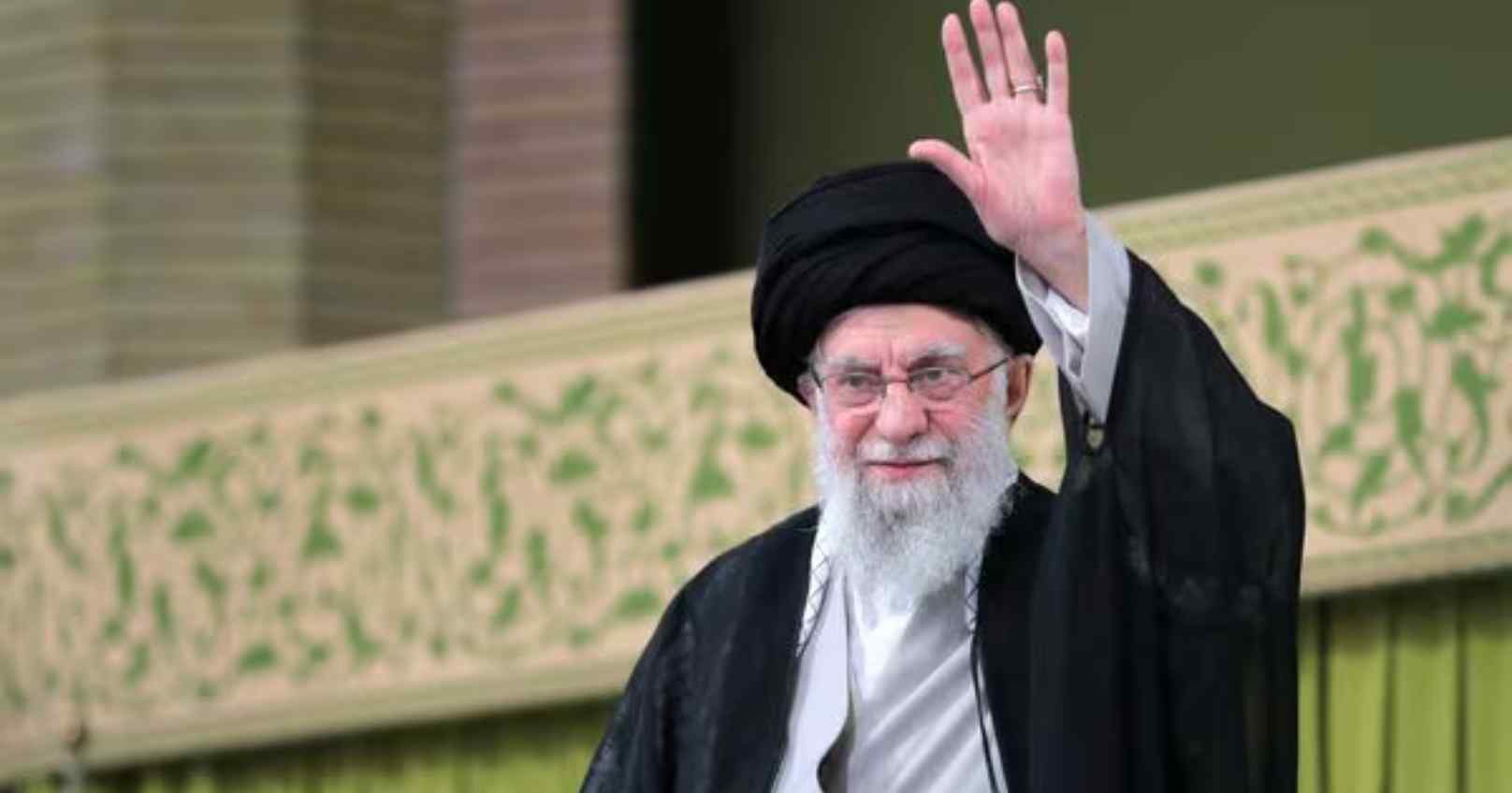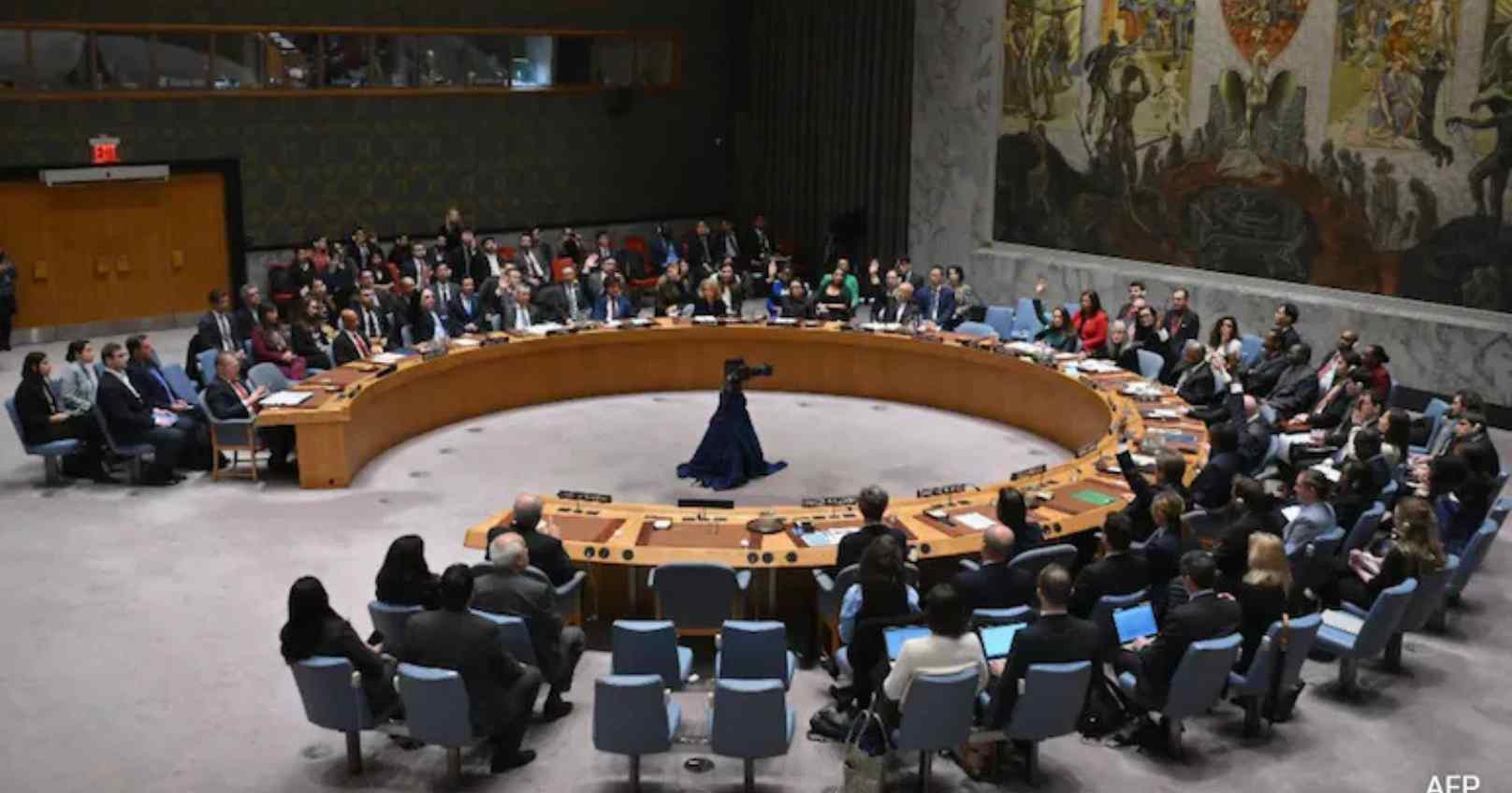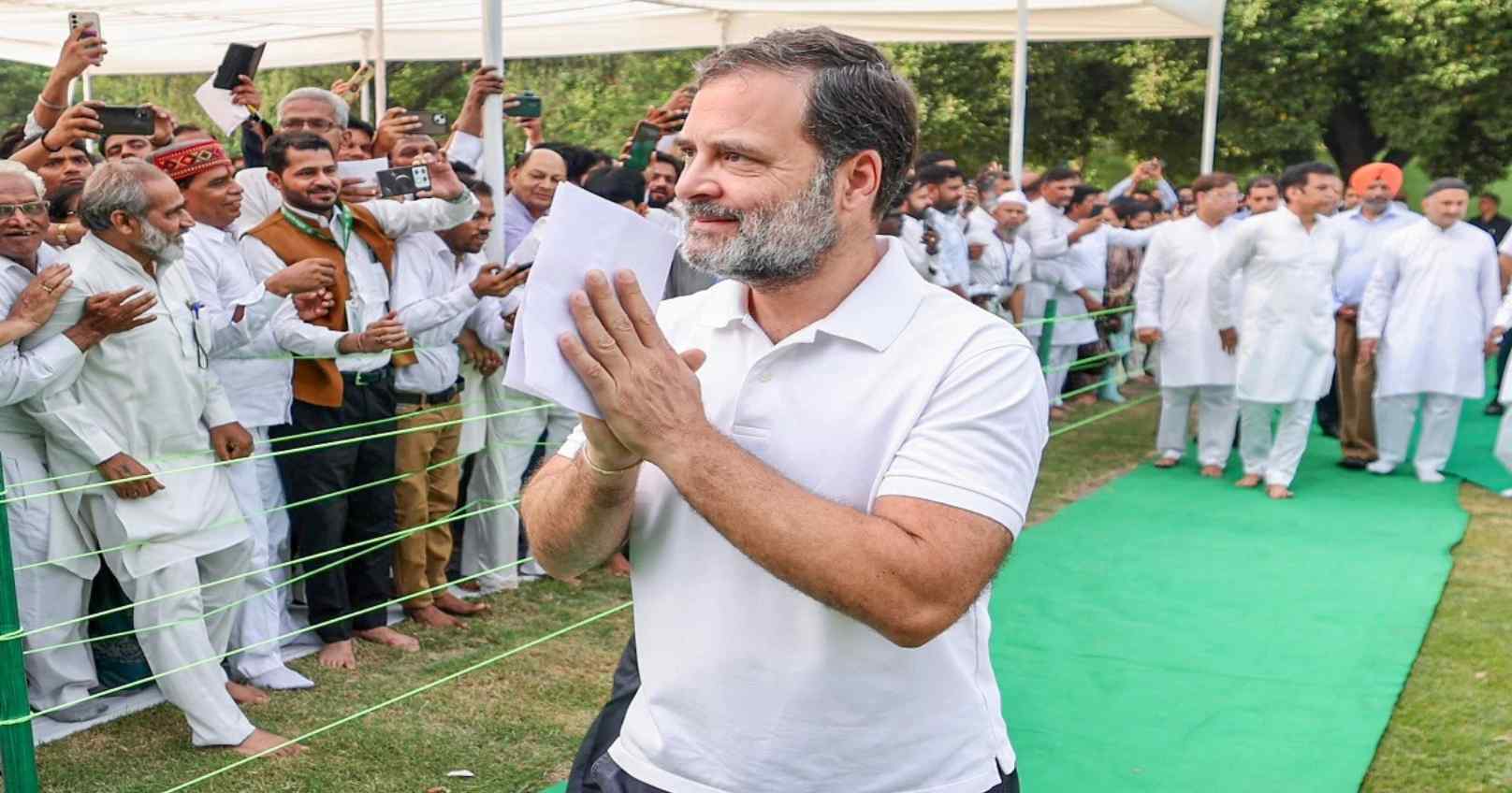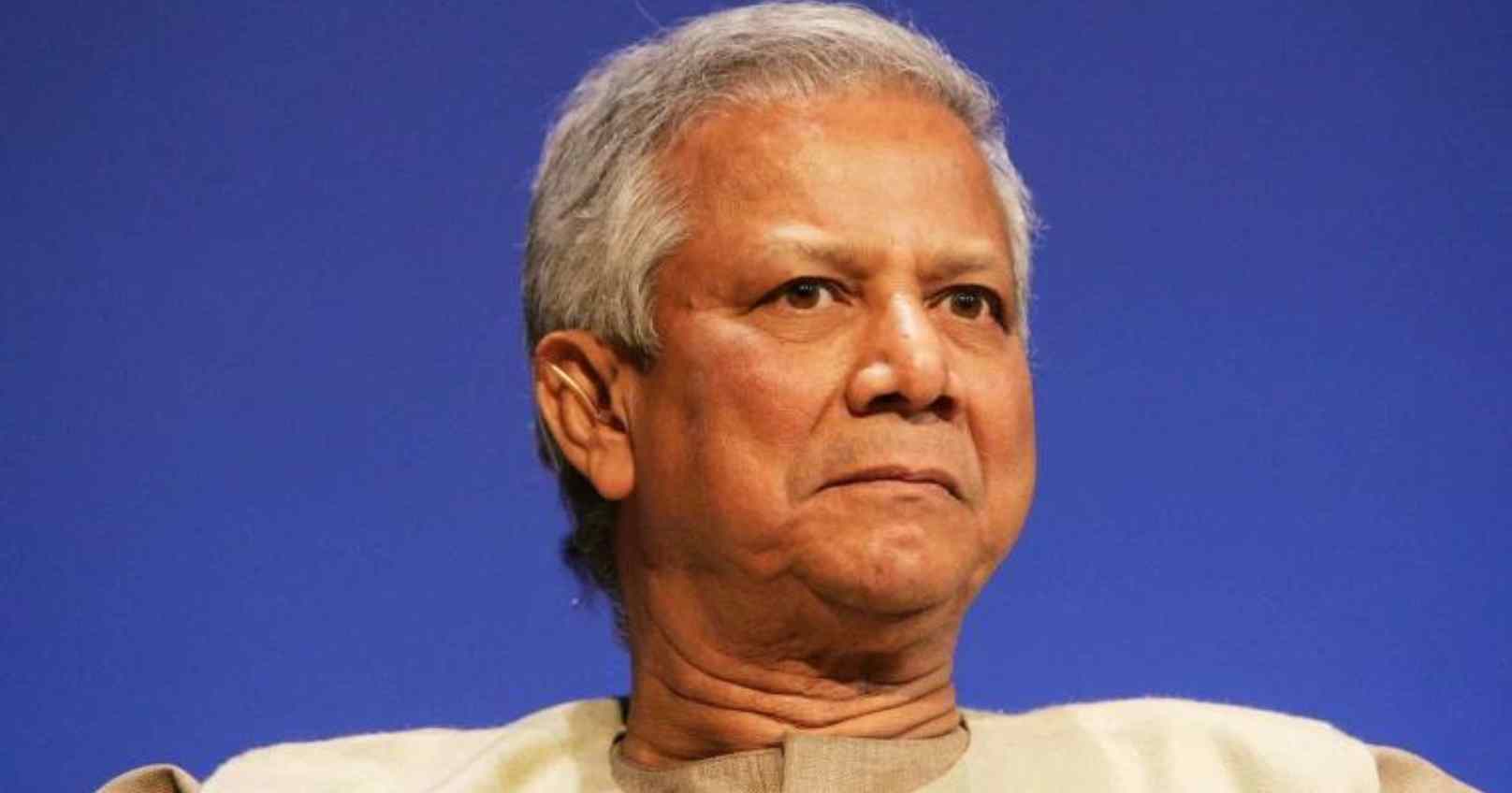As Iran confronts escalating tensions with Israel, the nation is reportedly grappling with a significant internal challenge. Supreme Leader Ayatollah Ali Khamenei, 85, is said to be in poor health, with reports suggesting his second son, Mojtaba Khamenei, has been chosen to succeed him as the country's leader. Speculation is rife that Mojtaba could assume leadership even before his father’s passing, potentially reshaping Iran's political dynamics at a critical time.
Reports of a Secret Succession Plan
According to Iran International, a Persian-language media outlet linked to Iranian opposition groups, Mojtaba has been discreetly selected as Iran's next Supreme Leader. The decision reportedly followed a secret meeting on September 26, involving the 60-member Assembly of Experts, convened at Ali Khamenei’s directive.
Initially, there was resistance to the process, but unanimous agreement was reportedly reached after pressure and alleged threats from the current leadership and its representatives. This clandestine decision was kept under wraps for weeks.
Challenges in Leadership Transition
Unlike Ayatollah Khamenei's relatively smooth rise to power after Ayatollah Khomeini's death in 1989, the current succession appears fraught with uncertainty. Khamenei had served as Iran’s president before becoming Supreme Leader, and his ascension was facilitated by Akbar Hashemi Rafsanjani, a unifying political figure at the time.
Today, no equivalent power broker exists, and many figures close to Khamenei are unpopular among the Iranian public. Further complicating the scenario, Ebrahim Raisi, once seen as a potential successor, died in a helicopter crash in May 2024. Other influential figures, such as Qasem Soleimani, who might have played a kingmaker role, were removed from the scene—Soleimani was killed in a U.S. strike in 2020.
Iran also faces widespread political and social unrest, including protests following the death of Mahsa Amini in 2022, adding another layer of complexity to the transition.
Who Is Mojtaba Khamenei?
Born in 1969 in Mashhad, Mojtaba Khamenei has largely maintained a low public profile, focusing on theological studies under his father and other scholars. He teaches at Qom, Iran's largest Islamic seminary, and is married to Zahra Haddad-Adel, with whom he has three children.
Mojtaba gained political prominence by backing Mahmoud Ahmadinejad in Iran’s 2005 and 2009 presidential elections. He allegedly played a significant role in suppressing the 2009 protests following Ahmadinejad’s contentious victory. However, his relationship with Ahmadinejad soured later, amid accusations of financial misconduct.
Implications for Iran and the Region
The leadership transition comes as Iran navigates mounting challenges in West Asia, including heightened conflict with Israel. The potential consolidation of power under Mojtaba Khamenei may shape the country’s domestic policies and international stance during this volatile period. Whether his succession proceeds smoothly or triggers internal power struggles remains to be seen.







